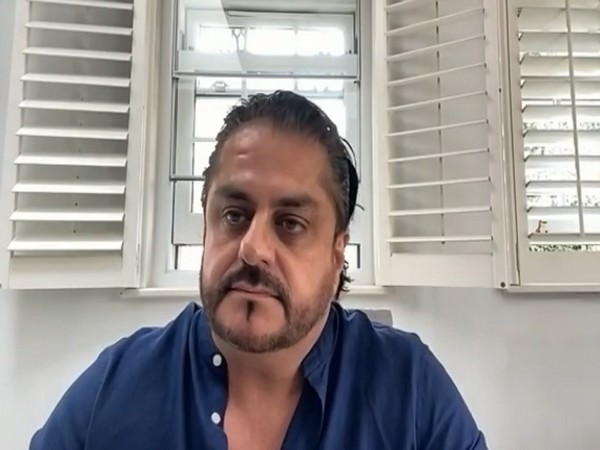Baloch Political Leader Labels Violent Uprising as Inevitable Response to Oppression
Following recent deadly attacks in Balochistan, Baloch leader Mehran Marri termed the violence an inevitable outcome of Pakistan's decades-long subjugation. He criticized Pakistani officials for downplaying the issue, condemned the military's actions, and called for international support for Baloch independence.

- Country:
- United Kingdom
Days subsequent to the coordinated assaults by the Baloch Liberation Army (BLA) that claimed over 70 lives in Balochistan, political leader Mehran Marri has termed the violence inevitable due to prolonged oppression by the Pakistani government. Marri, currently in the UK, told ANI, 'I believe this attack was bound to occur. The BLA has executed multiple attacks recently. When you oppress and devastate a nation's spirit, reactions and repercussions are inevitable. This situation is part of Balochistan's struggle for liberation.'
Reports indicate the attacks targeted police stations, railway lines, and highways within Pakistan's southwestern province, signifying one of the most extensive operations by Baloch separatists in recent history. The BLA, campaigning for Balochistan's secession, has long opposed Pakistan's authority and China-led projects in the resource-rich region.
Marri lambasted Pakistani officials, including Interior Minister Mohsin Naqvi, for underestimating the severity of the attacks, suggesting they could be managed by a few police officers. 'Their ignorance and indifference to the Baloch cause are evident,' Marri asserted. While condemning the violence, he emphasized its roots in decades of oppression. 'Violence cannot be justified, whether by Balochs or the Pakistani state, but consequences follow actions,' he said, referencing historical conflicts like Bangladesh's creation.
Marri criticized the Pakistani military, alleging it targets defenseless populations rather than directly confronting Baloch fighters. 'The Pakistan army only fights women, children, and the elderly; they cannot combat true Baloch resistance,' he stated, referencing the mass surrender of Pakistani forces during the 1971 war with India. Marri denounced the identification checks imposed on Baloch residents by Pakistani forces, comparing them to similar actions by separatists during the recent attacks. 'Checking IDs on our soil isn't a significant issue,' he stated, emphasizing the daily humiliations faced by Baloch people.
Regarding China's involvement, Marri claimed the Punjabi establishment misled Beijing into investing through the China-Pakistan Economic Corridor (CPEC), which he deems unviable due to the conflict. 'China will eventually withdraw from CPEC; it's like establishing a chocolate factory in Gaza amidst conflict,' he remarked.
Marri closed with a message of perseverance, affirming the ongoing Baloch struggle for independence despite challenges. He urged India and the international community to reconsider their stance on Balochistan. 'We hope for understanding and support from global actors, especially India,' he said, appealing for a shift in global perspectives to favor the Baloch cause.
(With inputs from agencies.)










